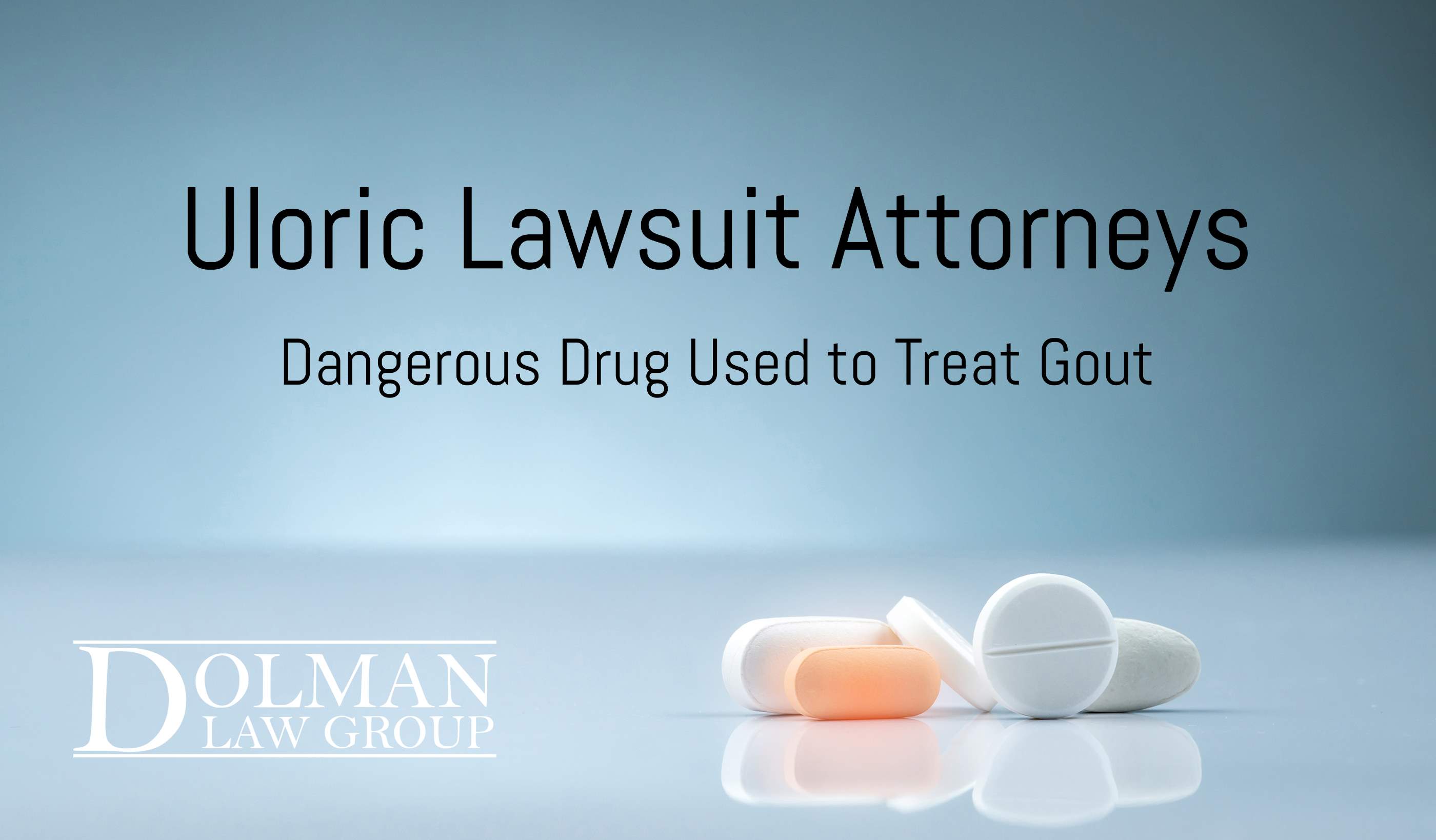The Trulicity Lawsuit Landscape: What You Required to Know
The Trulicity Lawsuit Landscape: What You Required to Know
Blog Article
Recognizing Your Legal Civil Liberty in a Dangerous Drug Claim
In the realm of pharmaceuticals, browsing the complexities of a harmful medication suit can be daunting. From figuring out the legal basis for submitting a claim to considering the alternatives in between a class action and a private case, there are crucial considerations to be made.
Legal Basis for Legal Actions
Checking out the legal premises for going after a dangerous drug claim requires a thorough understanding of appropriate laws and precedents. When taking into consideration lawsuit against a pharmaceutical company for an unsafe drug, one need to establish that the medication in question positioned unreasonable risks that were not sufficiently disclosed to consumers. This commonly entails demonstrating that the medication supplier failed to alert around recognized dangers, misstated the medicine's safety or efficiency, or participated in fraudulent advertising methods.
To do well in an unsafe drug legal action, plaintiffs commonly rely on legal theories such as negligence, stringent liability, or violation of warranty. Negligence cases argue that the manufacturer did not work out affordable treatment in making certain the safety of the medicine.
Types of Compensatory Problems
Countervailing problems in a dangerous medicine claim include financial restitution awarded to complainants to compensate for losses sustained due to the harm brought on by the medicine. These damages are created to make the victim whole once again, both economically and non-economically. There are two major types of countervailing damages that may be granted in a harmful medicine lawsuit: non-economic problems and financial damages.
Both economic and non-economic countervailing problems play an essential function in making certain that people hurt by unsafe drugs get proper compensation for their losses.
Statute of Limitations

Missing the law of restrictions deadline can have serious effects, as it may lead to the situation being disregarded by the court. As soon as the statute of limitations has run out, the complainant might lose the right to look for legal option versus the party accountable for the harm caused by the hazardous medication. For that reason, it is crucial for people considering a hazardous medication lawsuit to seek advice from a qualified attorney without delay to abide and recognize with the appropriate statute of constraints in their situation.
Class Action Vs. Individual Lawsuits
Provided the varying law of limitations in hazardous drug legal actions, individuals should meticulously weigh the choice in between going after a course action or a private this legal action. Course action lawsuits entail a team of plaintiffs collectively taking legal action against an offender, usually a pharmaceutical firm, for the exact same concern - in this situation, damage triggered by a hazardous medication.
Individual claims can be extra time-consuming, pricey, and might result in lower payment contrasted to an effective class action claim. Ultimately, the decision between a course action and a specific lawsuit should be based on the person's scenarios, wanted degree of participation, and the legal suggestions received.
Seeking Legal Counsel
In browsing the intricacies of a harmful medication lawsuit, protecting expert legal counsel is vital for making certain a strong and informed legal strategy. When looking for legal guidance for a dangerous medication suit, it is vital to discover a law practice or attorney with experience in pharmaceutical lawsuits. These cases typically include intricate clinical and clinical details, requiring a legal representative who comprehends both the legal aspects and the clinical nuances involved in such legal actions.
Specialist lawful guidance can aid individuals understand their civil liberties, examine the strength of the original source their instance, and navigate the intricate legal treatments connected with dangerous medicine suits. In addition, an experienced lawyer can give advice on whether to pursue a specific legal action or sign up with a class-action suit, based upon the specific circumstances of the instance.
Furthermore, lawful advise can help in collecting proof, preparing lawful papers, negotiating with pharmaceutical business or their lawful agents, and standing for clients in court if the case goes to test. By enlisting the support of educated attorneys, people can enhance their possibilities of achieving a favorable end result in an unsafe drug suit.

Final Thought
Finally, understanding your legal rights in a harmful medicine legal action is crucial in looking for compensation for any kind of injury created. Recognizing the lawful basis for claims, kinds of offsetting damages available, law of restrictions, and the distinction between course action and individual lawsuits can aid people navigate the legal procedure efficiently. Seeking lawful advise is crucial in guaranteeing your civil liberties are protected and promoting for the compensation you are worthy of.
Countervailing damages in a hazardous drug lawsuit incorporate financial restitution awarded to complainants to compensate for losses sustained due to the damage caused by the medicine.The statute of constraints in a hazardous medication lawsuit establishes the duration within which a plaintiff must submit a lawful insurance claim against the liable event for the harm caused by the drug.Given the differing statute of constraints in harmful medication suits, people should very carefully weigh the his explanation choice in between pursuing a course activity or an individual claim. Specific suits can be extra time-consuming, costly, and may result in reduced compensation compared to an effective class action legal action. Recognizing the legal basis for legal actions, kinds of countervailing damages available, law of limitations, and the difference between course activity and specific suits can assist individuals navigate the legal procedure effectively.
Report this page